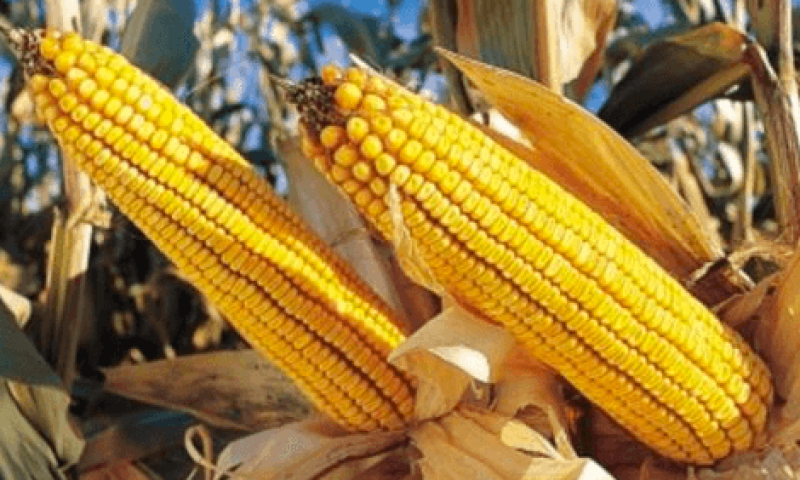Even after two decades of stunning scientific, humanitarian and financial successes and an admirable record of safety, the application of genetic engineering (GE) to agriculture is still beleaguered by activists and over-regulated by bureaucrats.
This opposition and obstruction can be traced back to a fundamental fallacy–namely, that the terms “genetic engineering” and the common shorthand “GMO” (for “genetically modified organism”) represent a meaningful grouping of things, a “category.”
Genetically engineered organisms and the foods derived from them do not in any way constitute genuine categories, which makes any choice of what to include in them wholly arbitrary and misleading. Nor have they been shown to be less safe or, given the pedigree of the foods in our diet, in any way less “natural” than thousands of other common foods. As FDA has stated in response to calls for mandatory labeling to identify foods produced with modern genetic engineering techniques, such labeling would erroneously imply a meaningful difference where none exists.
The erroneous assumption that “genetic engineering” or “genetic modification” is a meaningful category has led to various kinds of mischief, including the vandalization of field trials and destruction of laboratories; state referendum issues and legislative proposals that would require pointless, expensive labeling of some GE foods; local bans or restrictions; and a spate of spurious lawsuits of various kinds. We have already foregone significant benefits, and genetic engineering will fail to realize its full potential as long as it is regarded by activists, regulators and legislators as a distinct and unique category.
Read the full, original article: The brave old world of genetic engineering































